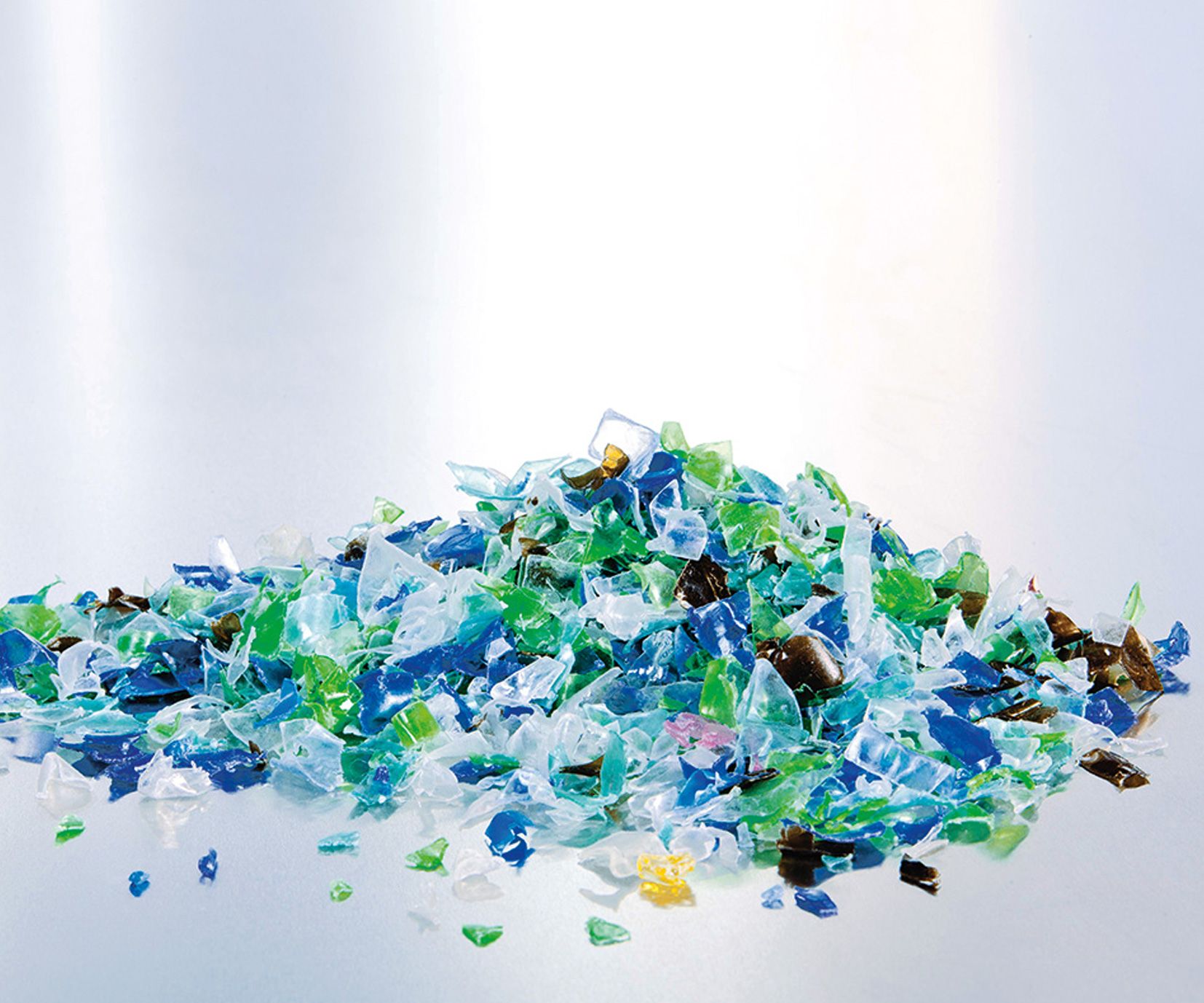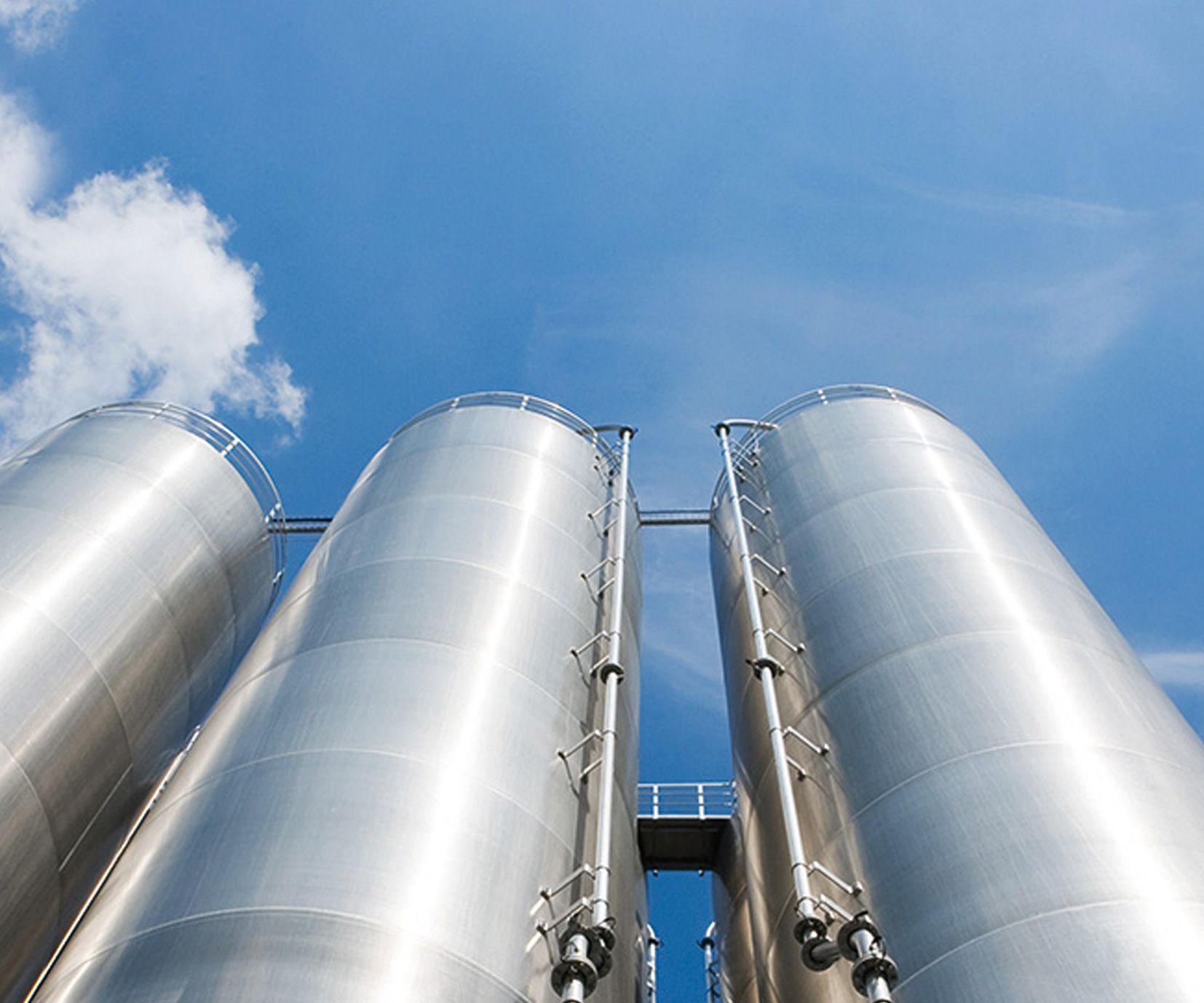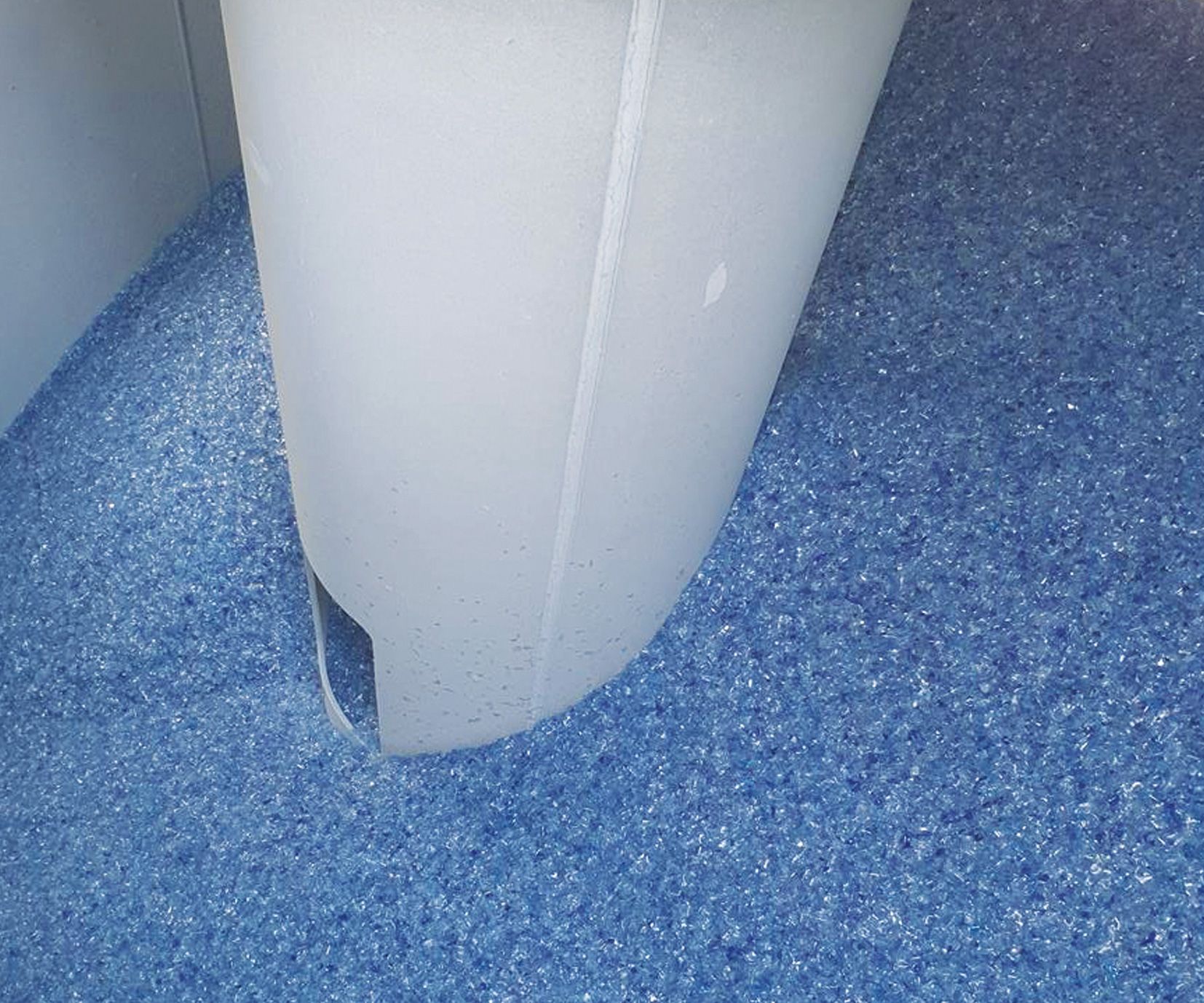For more than 20 years, recycling plants have been processing PET bottles into new raw materials, thus conserving resources by closing the loop. In the reprocessing process itself, many plants face the challenge that the volume of PET products is increasing and the existing systems are reaching their capacity limits. Therefore, a smooth interaction of the individual process steps is required in order to work safely and efficiently even on a large scale. With its technologies, Zeppelin Systems not only provides an economical answer to this challenge for high throughputs, but also offers a complete solution from conveying technology and homogenization to elutriation and storage.
Shampoos, shower gels, oil or juice bottles - it's no longer just the classic beverage bottles that are made of PET. A study by the Society for Packaging Market Research shows the growth of recyclable plastic packaging in 2019 by 8.1 percent compared to the previous year. The increasing volume requires economical recycling processes to avoid high intermediate storage costs. In this context, it is important to understand the different recycling processes of PET deposit bottles which are collected from the deposit cycles and other PET packaging in order to guarantee the optimal interaction of the system components in each case. Sorting, grinding, washing and drying are necessary for both material streams. However, their differences in shape, color and residual foreign substances lead to different process requirements in the recycling plant: while the PET flakes from deposit bottles can be processed directly, the other material is preferably processed by chemical recycling.
Intelligent storage for continuous material flow
A look at the overall plant shows that after the washing and drying process, the PET flakes first have to be stored temporarily before being transported to the processor. PET flakes are among the poor-flowing bulk materials and tend to form bridges when stored in silos, which can bring the material flow to a standstill. As plant engineering specialists with proven expertise in silo design Zeppelin Systems has equipped its silos with intelligent discharge devices, such as vibratory discharge bottoms or discharge screws, which activate the bulk material flow.
This ensures a reliable, continuous material flow. Zeppelin Systems also provides a suitable answer to the large quantities of PET flakes: storage silos with a volume of up to 800 cubic meters.
Optimum homogeneity as the basis for product quality
Due to quality fluctuations, the homogenization (mixing of the flakes) takes place before processing or chemical recycling. Many companies use mechanical mixers for this purpose. Since these mixers are limited in size, several ones are used in parallel. The mechanical mixers have the disadvantage of moving internals, so-called mixing screws, which cause fines generations when the flakes are mechanically stressed and also suffer from heavy wear, especially in the bearing area of the screw. Their repair and maintenance cause downtime for the plant, which affects productivity. In addition, multiple mixers do not achieve an optimum homogeneity of large product amounts, since single batches from the smaller mixers contents stay separated. Gravity blending silos such as the Centro-Blend from Zeppelin are the low-maintenance, the low-wear and high-capacity alternative. Its central blending pipe with intake openings and deflector plates extracts the bulk material simultaneously from different heights, in equal amounts. The inclination of the deflector plates prevent product build-up or dead zones. The entire design is for mass flow. The homogenous blending is achieved by combining flakes from the blending pipe with flakes from the annular space in the blending chamber. This guarantees a high homogeneity for a volume of up to 300 cubic meters.
High throughputs thanks to a clever interaction of components
However, the silo alone is not the decisive factor for an efficient process. The conveying system and all other components must be combined as an integrated solution. In many recycling plants, throughputs of five to ten tons per hour are state of the art. This will no longer be sufficient in the future with the increasing quantities of PET. Plants will have to reach conveying rates of up to 30 tons per hour and overcome long conveying distances of up to 1,000 meters. Zeppelin Systems has carried out tests at its test center in Friedrichshafen, proving that it works - and without any technical risk. In particular dilute phase conveying at reduced velocities and low conveying pressure has proven to be the reliable and efficient process.
Another process step is the dosing via rotary feeders. They must be designed in such a way that the flakes cannot accumulate in the gaps of the rotor and block the feeder. Zeppelin Systems solves this challenge by means of a special contour of the housing and the rotary feeder web, which prevent jamming. Different designs and sizes allow the component to be adapted to the individual conditions on site.
As soon as the PET flakes are processed into granules, new requirements come into focus, as the product has other properties, such as a uniform particle shape. Depending on which end product the processing company is targeting, the dust or fines content also plays a major role for product quality. Zeppelin Systems even offers processes and components for this part of the plant, from strand conveying and elutriation to Multi-Flow or Multi-Channel blenders.
Conclusion
In order to process higher quantities of PET bottles economically, larger plants are required. Zeppelin not only has the know-how to map the entire process chain after the washing and drying process, but also masters the individual process steps, detached from the overall concept. Here, the company focuses on equipment that minimizes maintenance and delivers maximum cost-effectiveness through optimum interaction of the components. This paves the way for PET recycling on a large scale.


